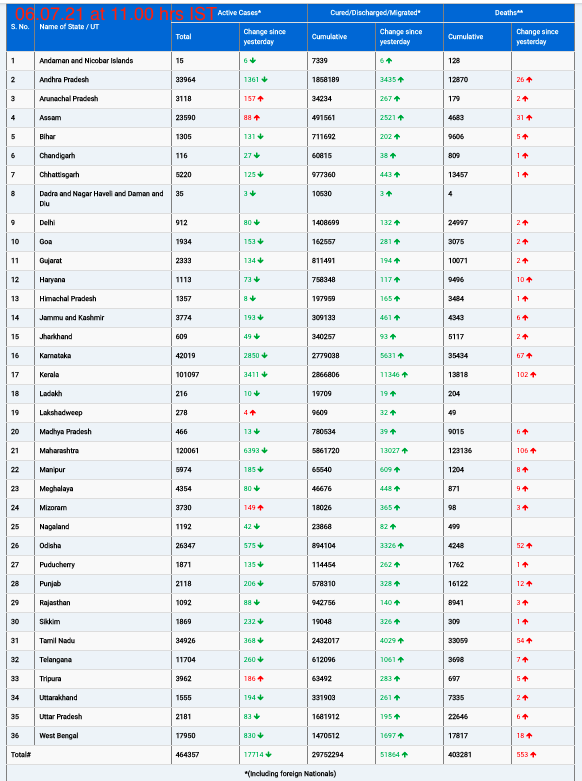A recent study published in eBioMedicine highlights the significant impact of prenatal maternal sleep quality on neonatal brain development and infant emotional well-being.
Background
Sleep disturbances during pregnancy are common and have been linked to adverse maternal health outcomes. However, the broader implications of poor prenatal sleep on the developing fetus have been less explored. The Developmental Origins of Health and Disease (DOHaD) model suggests that early life stages, including the prenatal period, can have lasting effects on health throughout one’s life.
Previous research has demonstrated that inadequate sleep during pregnancy can lead to unfavorable birth outcomes, such as preterm birth and low birth weight. It may also influence the socio-emotional development of the offspring, potentially increasing the risk for negative emotionality, a known precursor to future mental health issues. This study aims to clarify the neurobiological mechanisms that underlie these associations.
About the Study
The study involved 116 mother-infant pairs from the Care Project, which examines the effects of interpersonal therapy on prenatal maternal depression and child health. Participants, who were not receiving therapy, reported their sleep quality at three points during pregnancy—16, 29, and 35 weeks. Around five weeks after birth, researchers assessed the infants’ neonatal white matter microstructure using magnetic resonance imaging (MRI) while the babies were asleep, allowing the team to isolate prenatal influences from postnatal environmental factors. Infant emotionality was evaluated at six months through both maternal reports and controlled behavioral observations.
The diverse cohort reflected the socio-economic and racial demographics of Denver, with 65% of participants reporting poor sleep early in pregnancy, increasing to 70.7% later on. Sleep quality was measured using the Pittsburgh Sleep Quality Index (PSQI), with higher scores indicating poorer sleep.
Study Results
The findings revealed a concerning trend: maternal sleep quality typically worsened as pregnancy progressed. This deterioration was statistically significant and modeled as a quadratic growth curve. Moreover, poorer maternal sleep quality throughout gestation was linked to increased fractional anisotropy (FA)—a measure indicating the directionality of water diffusion in brain tissue—specifically in the uncinate fasciculus of the neonates. This association persisted even when accounting for confounding factors such as socio-economic status.
Notably, the analysis showed that the relationship between prenatal sleep quality and FA in the uncinate fasciculus was not influenced by factors such as prenatal stress, anxiety, or depression, highlighting the unique impact of sleep disturbances.
Interestingly, while significant associations were found with the uncinate fasciculus, the study did not observe similar relationships with other white matter tracts, suggesting a specific developmental impact on the fronto-limbic circuitry.
Additionally, mediation analyses indicated that poorer prenatal maternal sleep indirectly predicted greater negative emotionality in infants, primarily through increased FA in the bilateral uncinate fasciculus. Despite examining the timing of sleep disturbances, no specific patterns emerged across different trimesters.
Conclusions
This study underscores the critical role of prenatal maternal sleep quality in shaping neonatal brain structure and emotional health. Increased sleep disturbances during pregnancy correlate with heightened FA in the uncinate fasciculus, which is involved in emotional processing. This early maturation of the uncinate may reduce developmental plasticity, potentially increasing vulnerability to mental health issues later in life.
The findings highlight the need for targeted interventions to improve prenatal sleep, as addressing sleep quality could promote healthier neurodevelopmental outcomes for infants. As the study indicates, prenatal sleep disturbances have a unique influence that extends beyond the mother’s mental health and stress levels, marking a vital area for future research and public health initiatives.
Journal Reference: Nevarez-Brewster, Melissa et al. (2024) Association between prenatal maternal sleep quality, neonatal uncinate fasciculus white matter, and infant negative emotionality, eBioMedicine. doi: 10.1016/j.ebiom.2024.105384.












